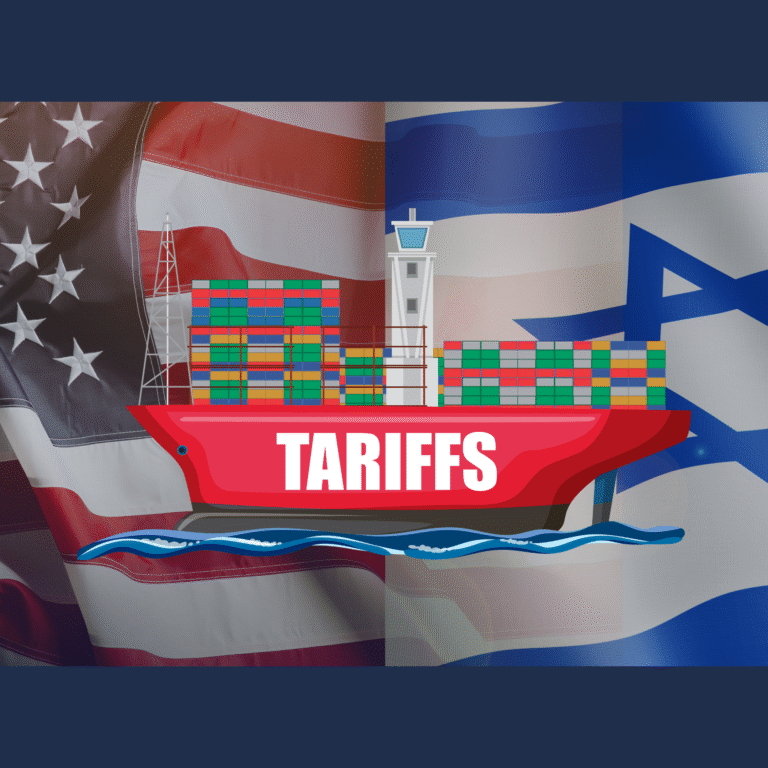Non-U.S. Citizens with Assets in the United States
What Every Israeli (and Global Investor) Should Know
Owning U.S. assets
Whether a Manhattan apartment, a U.S. brokerage account, or an American investment fund — can be financially rewarding. But for non-U.S. citizens, it can also expose you to unexpected U.S. estate taxes, withholding taxes, and investment restrictions that many foreign investors overlook until it’s too late.
At Nardis Advisors, we specialize in guiding Israelis and other non-U.S. investors —through the complex rules governing U.S. assets, taxes, and estate exposure.
At Nardis Advisors, we specialize in guiding Israelis and other non-U.S. investors —through the complex rules governing U.S. assets, taxes, and estate exposure.

Overview
1
The Hidden Risk: U.S. Estate Tax for Non-Residents
Many Israelis and other foreign investors assume U.S. estate taxes apply only to Americans. Unfortunately, that’s not the case.
Under current law:
U.S. citizens and residents enjoy an estate tax exemption of approximately $15 million per person (subject to change).
Non-U.S. citizens who are not residents receive only a $60,000 exemption on their U.S.-situated assets.
That means if a non-U.S. resident passes away owning U.S. property worth more than $60,000 — such as an apartment or U.S. stocks — their estate could face estate tax rates up to 40% on the amount above that threshold.
Example:
An Israeli citizen who owns a $1 million New York condominium and a $300,000 U.S. brokerage account could $,240,000 of that value subject to estate tax upon death — unless the holdings are structured properly in advance.
2
What Counts as “U.S.-Situs” Assets?
– Real estate located in the U.S.
– Shares in U.S. corporations (including U.S. ETFs and mutual funds)
– Tangible property located in the U.S.
– Cash in certain U.S. accounts connected to business operations
By contrast, most bonds, foreign company shares, offshore funds, and non-U.S. securities are generally not U.S.-situs assets and may avoid estate tax exposure — if structured correctly.
3
Federal Taxes
– Federal income tax on dividends, interest, and capital gains.
– Withholding taxes: U.S. brokerage accounts typically withhold 30% on dividends paid to non-resident aliens unless a tax treaty (like the U.S.–Israel treaty) provides a reduced rate.
Key takeaway: Owning U.S. assets as a non-resident can lead to multiple layers of taxation without careful planning.
4
Structuring and Investing Correctly
Common strategies include:
– Holding investments through non-U.S. entities or trusts designed to reduce U.S.-situs exposure.
– Using non-U.S.-domiciled funds (e.g., UCITS or offshore ETFs) instead of U.S. mutual funds to avoid estate tax.
– Choosing custodians familiar with non-resident accounts and compliance.
– Regular reviews for clients holding Green Cards or multiple citizenships, since residency status can dramatically alter tax liability.
5
Residency, Green Cards, and Dual Citizenship
– Green card holders are considered U.S. residents for tax purposes — even if they live abroad — until the card is formally surrendered.
– Israeli citizens with dual U.S. citizenship remain fully subject to U.S. worldwide income and estate tax.
– Non-resident Israelis (no green card, no U.S. citizenship) face estate tax exposure only on U.S.-situs assets — but the $60,000 exemption still applies.
Proper classification and proactive planning are essential to avoid double taxation, reporting errors, and penalties.
6
How Nardis Advisors Helps
– Israelis with U.S. real estate or investment portfolios.
– Non-U.S. citizens holding American assets.
– Global families with members or heirs holding dual or multiple citizenships (British-Israeli, South African-Israeli, Australian-Israeli, European-Israeli, etc.).
We help you:
– Evaluate your estate tax exposure under U.S. law.
– Design compliant ownership structures to preserve access and minimize taxation.
– Coordinate with U.S. and Israeli accountants, attorneys, and custodians.
– Avoid investment pitfalls such as PFICs, non-compliant funds, or improperly titled accounts.
– Plan ahead to ensure assets are easily transferable to heirs without unnecessary U.S. tax.
In Summary
With a clear focus on U.S.–Israel cross-border financial planning, Nardis Advisors helps clients around the world protect and grow their American assets — safely, efficiently, and intelligently.
Whether you hold a European, British, South African, Australian, or Israeli passport, Nardis Advisors provides the expertise and personalized fiduciary care to ensure your U.S. investments are compliant, tax-efficient, and structured for the future.


